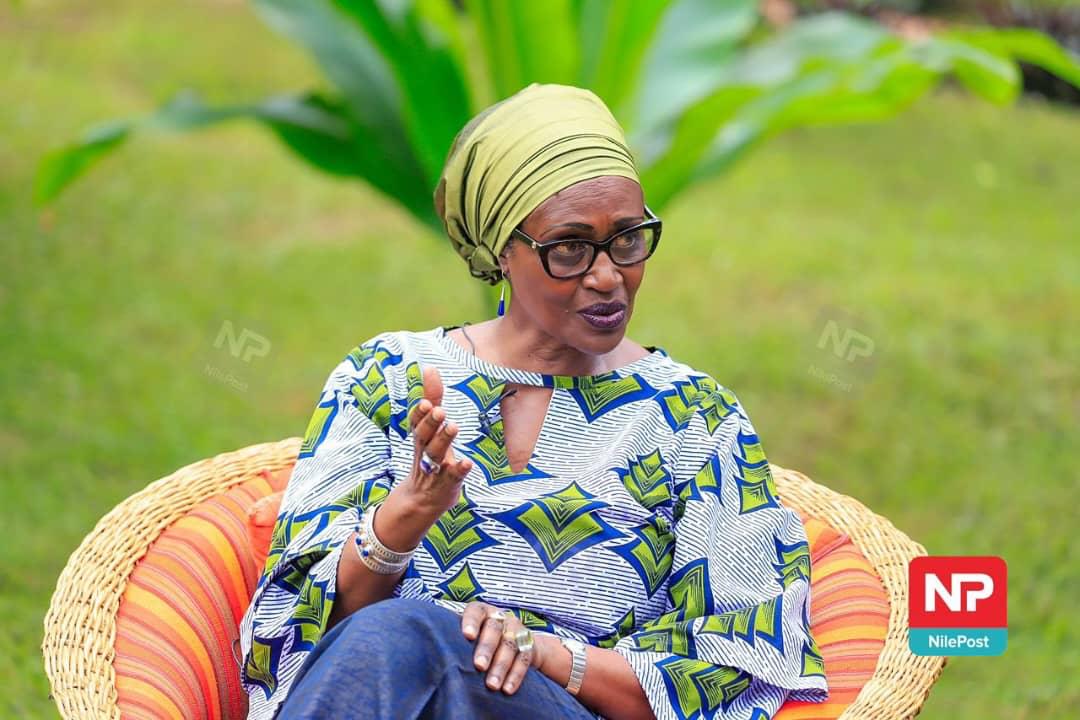The Executive Director of the Joint United Nations Programme on HIV/AIDS (UNAIDS) Winnie Byanyima has issued a powerful call for urgent, fair, and affordable access to the new HIV prevention drug lenacapavir, warning against repeating historical inequalities that have delayed life-saving medicines for the Global South.
Speaking at the G20 High-Level Meeting, titled “From Breakthrough to Access: Making Lenacapavir Affordable for All”—co-hosted by Unitaid and the South African Department of Health as part of the G20 Health Ministers’ Meeting—Byanyima described lenacapavir as “the closest thing to a vaccine against HIV we have ever had.”
"My urgent call is that lenacapavir must not become another breakthrough that goes out only after a decade to those who need it most," Byanyima said.
At the forum, she emphasized that innovation without equity is a betrayal of global solidarity.
“Breakthrough health technologies reach the Global North, while millions in the Global South wait—and die. We must invest in research and development, regional manufacturing, and universal health coverage to end inequalities and save lives,” he said.
Byanyima highlighted the efforts UNAIDS has undertaken to accelerate access, including supporting governments to negotiate fair pricing, challenging industry practices, convening global partners, and working closely with civil society to ensure that people remain at the center of HIV prevention efforts.
Her remarks come amid growing momentum in South Africa, where the government has announced plans to roll out lenacapavir in early 2026—a historic milestone in the country’s fight against HIV. With 8 million people living with HIVand approximately 1,000 adolescent girls and young women newly infected each week, the rollout of lenacapavir has the potential to be a turning point in HIV prevention.
"Science continues to offer us new tools, but innovation alone is not enough. Communities, especially young women and key populations, have waited too long for HIV prevention they can trust and use with dignity,” said Eva Kiwango, UNAIDS Country Director for South Africa.
Developed by Gilead Sciences, lenacapavir will initially be made available to 450,000 people at high risk of HIV infection through a US$29 million Global Fund grant. South Africa is among nine countries selected for the first phase of the rollout.
At the G20 forum, UNAIDS and the Global Council on Inequality, AIDS, and Pandemics—which Byanyima also chairs—highlighted how inequality continues to shape global health outcomes.
“Inequality is not inevitable—it is a choice. Surviving the next pandemic could depend on where you live. Ending the inequality crisis requires bold political will—but it can be done,” Byanyima sajd, urging G20 leaders to act decisively.
The meeting, part of South Africa’s G20 presidency under President Cyril Ramaphosa, adopted the theme “Solidarity, Equality, Sustainability,” reflecting the country’s commitment to addressing inequality and advancing universal healthcare on the global stage.
President Ramaphosa, who received the G20 Extraordinary Committee of Independent Experts on Global Inequality Report, commended Byanyima and her colleagues for their leadership.
“Inequality is a betrayal of people’s dignity, an impediment to inclusive growth, and a threat to democracy itself,” he said.


